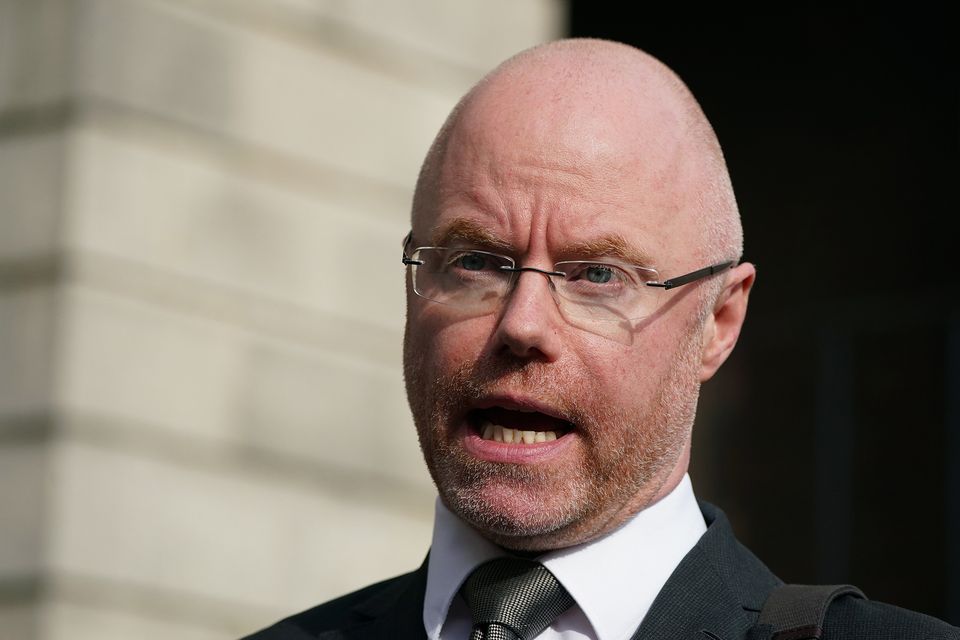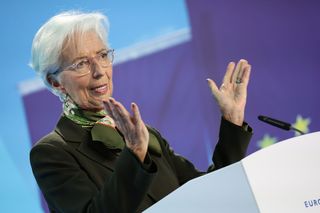Health Minister Stephen Donnelly to clash with nurses as union threatens winter strike
Health Minister Stephen Donnelly is expected to address INMO members today
Nurses who are threatening a potential winter hospital strike will be challenged today by Health Minister Stephen Donnelly, who will dampen their call for safe staffing levels to be protected by law.
Delegates at the annual meeting of the Irish Nurses and Midwives Organisation (INMO) yesterday voted in favour of a ballot for industrial action in mid-September if progress is not made on safe staffing levels.
However, Mr Donnelly, who will address the nurses today, is expected to make a hardline response, saying very few countries have legislated for safe staffing based not just on numbers but skill mix.
Wales has legislated for safe staffing, but it continues to have recruitment and retention issues.
The Department of Health, having engaged with world experts in safe staffing, has said there is currently insufficient evidence to support legislating at this point.
This will continue to be kept under review.
Mr Donnelly will also tell the nursing union there are 6,200 additional nurses and midwives in the health service since 2019.
Nurses at the conference yesterday said, however, the lack of nurses and skill mix were impacting services.
Mr Donnelly will say that Ireland has the highest number of nurses per 1,000 population in the EU.
Data from last year shows that the average remuneration per nurse here is €63,000 including basic pay, premia, allowances and overtime.
Earlier, HSE chief Bernard Gloster told the meeting he intends to ditch the traditional winter plan drawn up every autumn. Instead he will put a three-year plan in place, saying emergency overcrowding is now year-round.
He wants to see patients who are no longer in need of acute medical care being transferred faster to nursing homes.
He told the nurses that there is no doubt the progression of implementation of the safe staffing framework was hampered by the pandemic. That said, there has been a solid focus on investment.
“For phase one, medical surgical wards, 397 new nursing posts have been approved and 356 filled in addition to 71 new healthcare assistant posts, of which 55 have been filled,” he said.
“For phase two, emergency department, 101 new nursing posts approved and 29 filled.
“The support of the Minister for Health and the department in this effort is reflected in the sum of €31m new investment to date to make this happen.
“As you are aware the minister announced yesterday that he has sanctioned the posts this year for full implementation in all hospitals. This is significant and in support, we now need to move to commencement in all hospitals in 2023 and completion where possible in as many as the workers are available to achieve this.
“In nursing terms this means a requirement for 687 WTE (whole-time equivalent) in addition to healthcare assistants. We will achieve this through an approved agency staff conversion of more than 330 people and more than 350 new posts. The conclusion of phases one and two will result in approximately 1,200 additional nurses for safe staffing measures.
“It is my intention to finalise the remaining implementation plans by June of this year and then to ensure every effort and process is deployed to make those plans happen.
“I have no doubt there will be challenges along the way but working together and being flexible in achieving both the letter and spirit of the framework will result in a significant shift in the care of the patients you encounter every day.”




